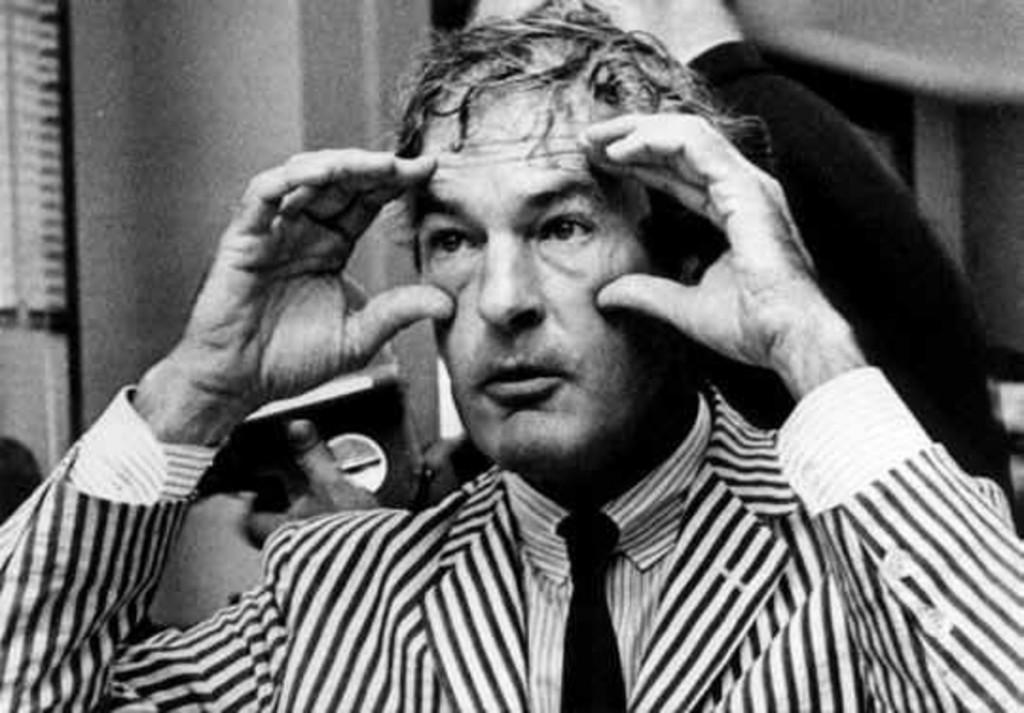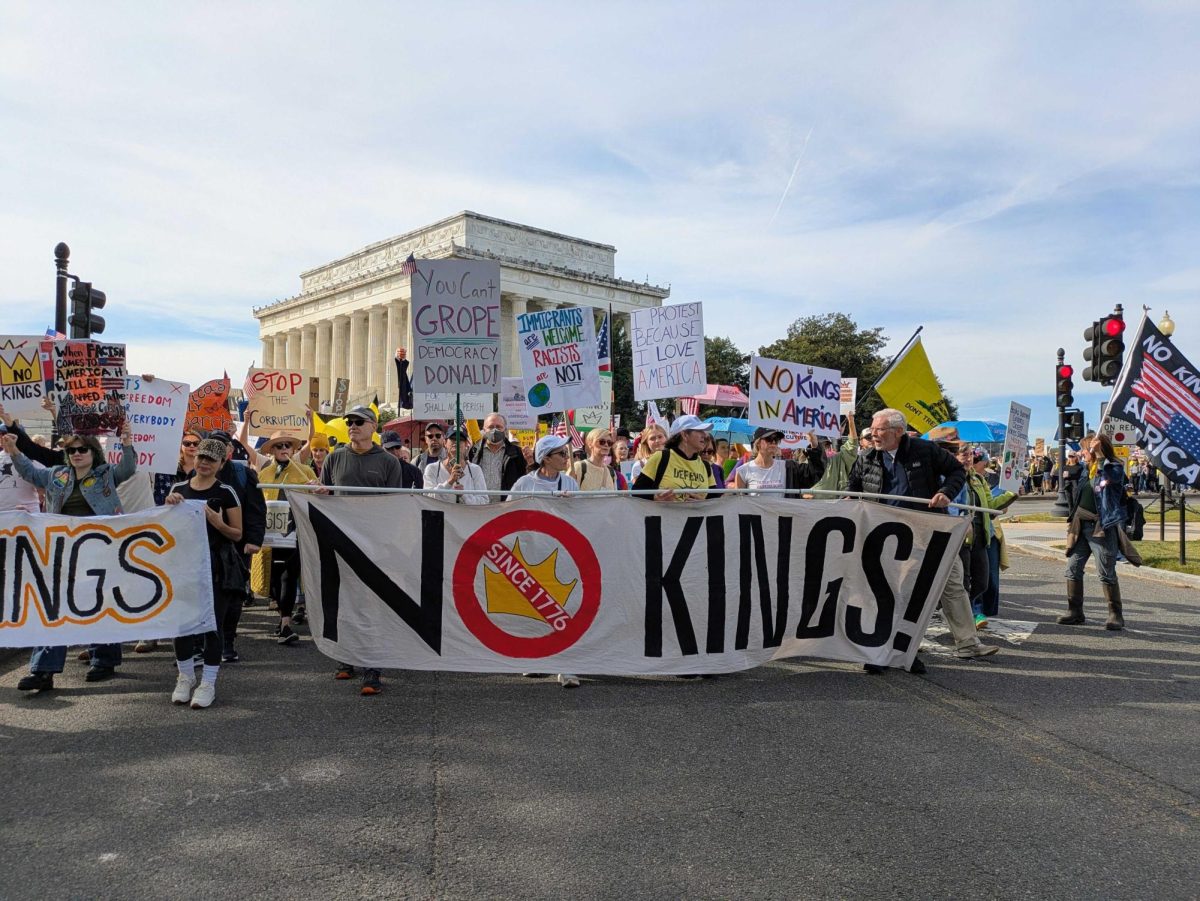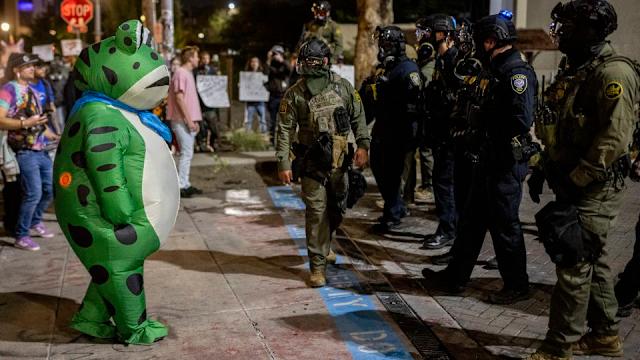Gannon University students are learning the 1960s were more than sex, drugs and rock ‘n’ roll. Jeff Bloodworth, Ph.D., an associate professor of history, offers an elective history course every other year titled “The Global ’60s.”
The class focuses on cultural history in the ’60s and how it formed politics in America and elsewhere. Bloodworth said the 1960s were not an all-Western period of change.
“It was a French, German and even Japanese phenomenon,” Bloodworth said. “It’s a fun class. It’s the ’60s. It’s hippies. It’s drugs, and sports and politics.”
In preparation for the class, Bloodworth chose various themes for the time period and began research about four years ago before he taught it for the first time. He said he presented 1964 by opening with the World Series between the New York Yankees and the St. Louis Cardinals.
Students in the class are scheduled to begin a unit on drugs in the ’60s next, Bloodworth said. He will talk about Timothy Leary and LSD.
“I tried to make every topic like writing by starting off every story with an interesting hook,” Bloodworth said. “It’s like giving a dog a pill by covering it in peanut butter.”
Bloodworth said he uses a good percentage of the class playing video clips from the ’60s as well.
“We watch really cool political commercials and listen to music and talk about it,” Bloodworth said. “If the class is boring, then it’s my fault or the students’ fault, because the topic is inherently interesting.”
The class workload includes reading three books and writing a historically grounded essay on a pop song from the era.
“I’m trying to get students to write something for ‘Esquire’ — something you’d read and not just hand in to your professor,” Bloodworth said.
Evan Cook, a senior history major taking the class, said he thinks the essay assignment was a great idea.
“Music [or] any primary source can help us understand the worldview of the time,” Cook said.
Cook chose “Commie Lies” by Janet Greene because it is emblematic of the movement of the Right and Left to create propaganda. Cook said Greene was a Conservative reaction to artists like Bob Dylan and Joan Baez.
Greene was funded by an Australian conservative named Fred Schwarz, who wanted to use her folk singer style to push his anti-communist message, with lyrics like “the truth shall keep us free.”
Bloodworth said his life’s research is trying to figure out what happened to American liberalism, which applies to the class because the ’60s was a time of political divide for the Democratic Party.
His book, “Losing the Center: The Decline of American Liberalism,” explores the ideological historical shifts, beginning in the ’60s, of American liberalism.
“I think what you’re watching happening in the Republican Party is the same thing that happened to the Democrats in the ’60s,” Bloodworth said. “The age of Reagan is dying right in front of us.”
Bloodworth said he tries to teach that history is more than interesting stuff from the past, and he hopes students in this class will see how the past is alive in the present.
Cook’s adviser is Bloodworth, and he has taken seven courses with him and works as a teaching assistant in one of his courses now. He said he’d recommend students take any of the history or political science courses as electives at Gannon.
“Jeff is a fantastic lecturer and this is the last opportunity I have to take class with him because I’m graduating,” Cook said. “He makes history fun and engaging.”
Cook said it’s important to be informed, especially in an election year, and history and political science courses can help students understand contemporary politics.
“By studying the Civil Rights movement as a whole, it can help us understand the Black Lives Matter movement, for example,” Cook said.
KELSEY GHERING








